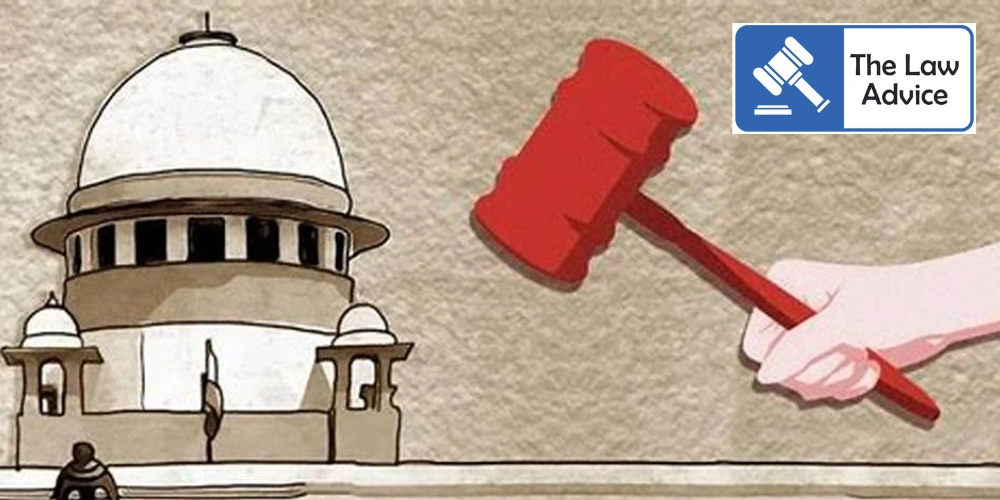New Delhi, July 2025
In a crucial clarification of procedural law, the Supreme Court has ruled that if the legal representatives (LRs) of even one deceased party in a joint and inseparable decree are not brought on record within the stipulated time, the entire appeal stands abated.
This ruling has far-reaching implications for litigation strategy in civil cases, especially where multiple parties share joint rights or liabilities.
What the Court Said
A Division Bench of Justice P.S. Narasimha and Justice Manoj Misra observed:
“In cases involving a joint decree, the omission to substitute the legal heirs of even one deceased respondent renders the entire appeal incompetent. Such an appeal cannot proceed selectively against the remaining respondents.”
The Court emphasized that indivisibility of interest in a joint decree makes partial continuation of proceedings untenable in law.
Legal Framework Revisited
The judgment revisits and reinforces the procedural code under:
• Order XXII Rules 3, 4 & 9 of the Civil Procedure Code (CPC), 1908
• The principle of abatement in legal proceedings
• The doctrine of inseverability in joint causes of action
The judges clarified that once abatement occurs, restoring the appeal is not automatic, and delay or procedural ignorance cannot be a valid excuse unless specifically condoned by the court.
Background of the Case
The issue arose in the matter titled Surat Singh (Dead) Through LRs v. Siri Ram (Dead) Through LRs & Ors., where a joint decree was challenged. During the appeal, one of the respondents died, and his legal heirs were not substituted.
The appellant failed to move an application for substitution within time, which led to a dispute over whether the appeal could still be heard. The Supreme Court held that the appeal had fully abated.
Why This Matters
• Encourages greater diligence in litigation by all parties.
• Prevents piecemeal adjudication, which could result in conflicting outcomes.
• Sets a binding precedent on the indivisibility of joint decrees.
This judgment serves as a cautionary note to litigants and legal professionals alike: procedural compliance is not merely a technicality—it is the spine of effective justice delivery.
Conclusion
The ruling strengthens the jurisprudence surrounding abatement of appeals and reiterates that in the Indian civil justice system, delays in procedural substitution are fatal—particularly where the decree is joint and interests are inseparable.
Case Title: Surat Singh (Dead) Through LRs v. Siri Ram (Dead) Through LRs & Others
